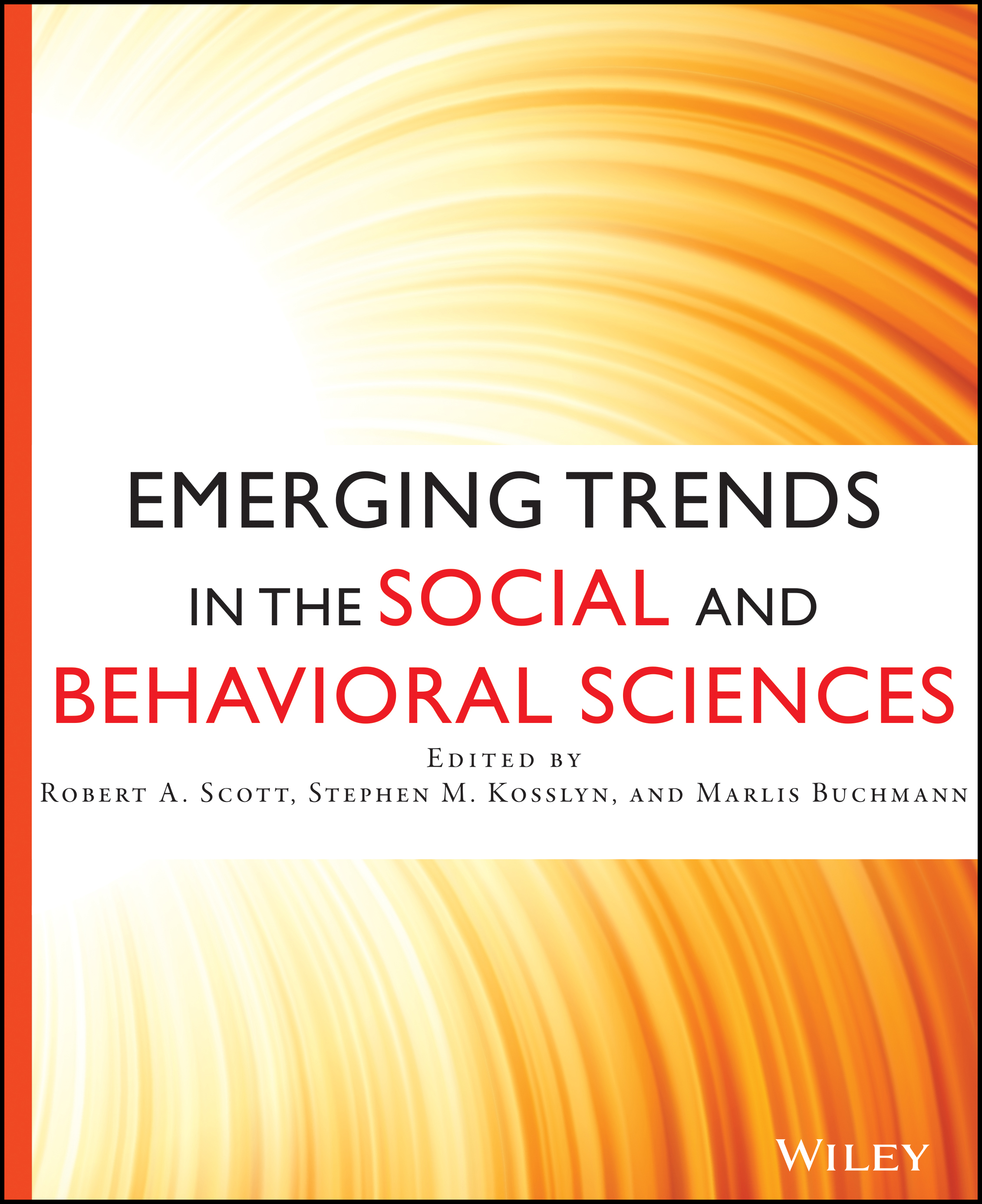Migrant Networks
Abstract
Migrant networks—webs of social ties between individuals in origin and migrants in destination—are a key determinant of the magnitude and direction of migration flows, as well as migrants' adaptation outcomes. The increasing emphasis on migrant networks represents a new approach to migration research, which, until the late 1980s, had been dominated by economic or political explanations of migration. This entry summarizes findings on migrant networks from relevant areas of research in anthropology, sociology, demography, and economics; identifies the promising lines of inquiry recently undertaken; and points to key issues for future research, such as understanding how migrant networks impact migration behavior and migrants' experiences. Such research into the specific mechanisms of social transmission will need to engage with the ongoing discussions on network effects and their identification in the social science literature at large, which will require the interdisciplinary collaboration of researchers.



